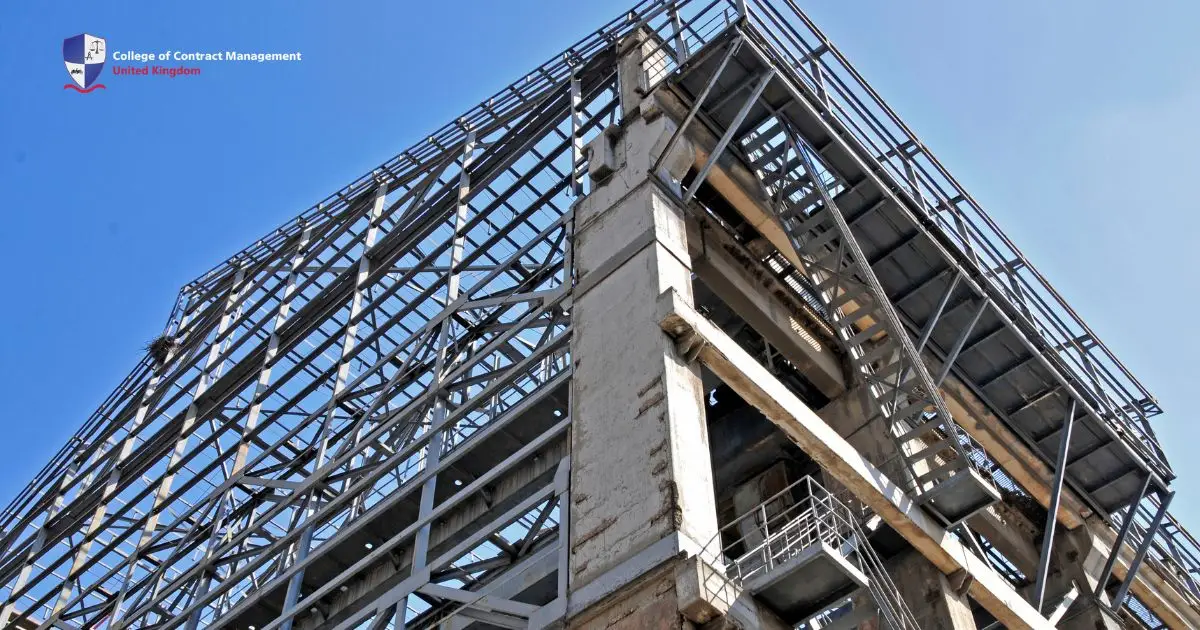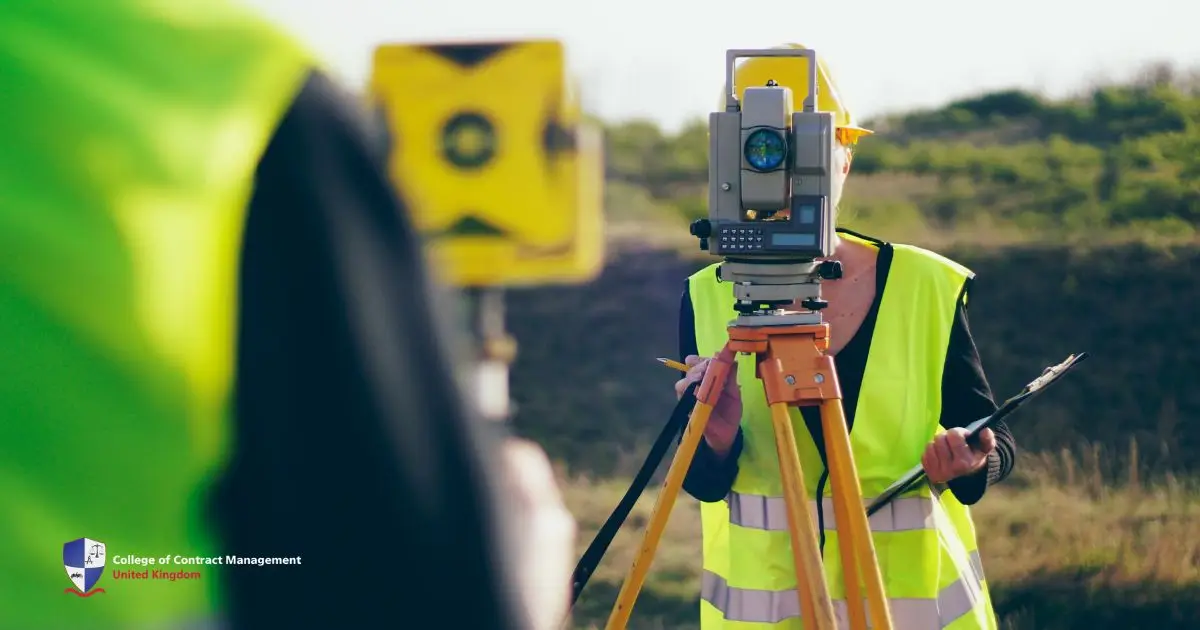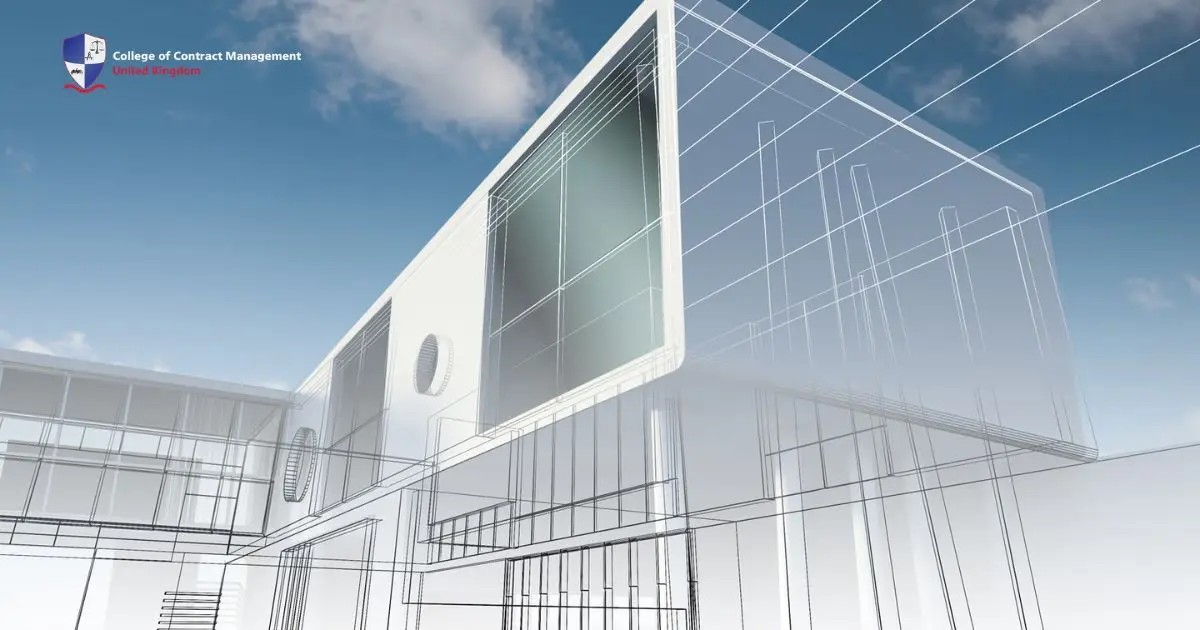A Structural Survey is a detailed inspection of a building to check its strength. This process involves looking at the materials and design to see if the building can handle things like heavy winds, earthquakes, or the weight of snow on the roof. It’s important because it helps make sure that the building can keep people inside safe and sound.
Every building can gain from a structural survey however, some buildings need this survey more than others. If you want to know if your property needs a Structural Survey, read down below to learn more about it.
Who does the Structural Survey?
Both structural surveyors and building surveyors can do a structural survey. However, while both professions have their similarities, they also have their own factors specifically tied to their role. Below are the differences between the two including people qualified for the job. These include what their focuses are, and their work responsibilities.
Structural Surveyor
- Who: Structural engineers who are experts in checking the safety of buildings and other structures to make sure they’re strong and stable.
- Focus: Specific parts of a property that need a deeper inspection of strength and repair.
- Purpose: If you want to check the strength of a property, you should choose a structural surveyor. Examples of properties that need strength assessments include:
- Old buildings that are 50 years or older, as the materials may be outdated and not up to current standards.
- Parts of a house that require renovation and might affect a structural unit of the property.
- Properties for purchase where you want to check if they meet structural standards and have no structural concerns.
- Properties for sale where you want to identify any existing structural problems.
- Situations where a building surveyor has listed issues that require further investigation.
Building Surveyor
- Who: Chartered Building Surveyor
- Focus: Covers broader conditions of a property. They do not only check the structure. They also check the electrical system, plumbing, insulation, and more general issues.
- Purpose: If you want to check the condition of your whole property and not just the structure’s strength, you should choose a building surveyor. Examples of properties that need building survey include:
- Old Buildings: Especially those over 50 years old, which may have structural or utility issues.
- Historic Properties: Older or listed buildings with unique construction that need special attention.
- Damaged Properties: Homes or buildings showing cracks, dampness, or leaks.
- Renovated Properties: Properties with past extensions or renovations that need a check for structural safety.
- High-Risk Area Properties: Buildings in flood-prone or earthquake-prone areas.
- Large or Unique Buildings: Big estates or unusually designed properties.
- Commercial Buildings: Offices and retail spaces, especially for code compliance.
- Properties Planned for Renovation: To check for hidden issues before starting work.
- Neglected Properties: Buildings with little or poor maintenance history.
- Investment Properties: To assess the condition and future costs before buying.
To put it all together, choose a Structural Surveyor for a strength check and a Building Surveyor for a full property health assessment. Each specialises in different aspects to meet specific needs.
Areas to be checked in a Structural Survey
Since the strength of a building is the main focus of a structural survey, it examines everything that affects a building's structural integrity. These also take into account its materials and design. In particular, below are the different parts of the property that need to be checked, along with why they are crucial for ensuring the building remains safe and sturdy.
- Foundation: The foundation is important because it supports the entire weight of the building. Any issues with the foundation can lead to serious structural problems.
- Walls: The walls carry the load of the roof and upper floors. Cracks or weaknesses in the walls can badly affect the building's overall strength.
- Ceiling: The ceiling must be checked for any signs of sagging or damage that could indicate structural issues with the roof or floors above.
- Attic Spaces: Attic spaces are important because they provide insight into the roof's condition and can reveal issues like leaks or improper ventilation that affect the building’s stability.
- Roof: The roof is important in protecting the building from weather conditions. A damaged or poorly constructed roof can lead to serious issues like water leaks, which can affect the walls and foundation.
- Flooring: A thorough assessment of the floors must be done to identify if there is flooring damage that could indicate problems with the underlying structure. Examples of these are weak foundation or support.
How much does a Structural Survey cost?
The price for a structural survey does not have a fixed amount but typically starts at around £1000. Several factors can influence its overall price, causing it to increase or decrease. Below are the details on each factor that affects the total price and in what way they do so:
- Hourly Rate: The amount charged per hour can vary depending on the surveyor’s experience and location. The average price for a structural survey starts at £1000.
- Size of Property: Larger properties require more time and resources to inspect, which can increase the cost.
- Value of Property: Higher-value properties may require a more detailed survey to ensure
- Age of Property: Older properties often need more extensive inspection due to the potential for structural issues or outdated materials.
To get an exact quotation for the Structural Survey of your property, it's best to consult a qualified Structural Surveyor. They can assess your property's specific needs and provide an accurate estimate based on factors such as size, value, and age. Furthermore, a professional surveyor will ensure you receive a detailed and tailored inspection, helping you make informed decisions about your property.
Conclusion
So, if you want your property’s structural stability to be checked, then a structural survey is the way to go. This survey carefully examines important parts of the building—such as the foundation, walls, roof, and floors—to make sure everything is strong and safe. This is especially important if you’re buying, selling, or renovating a property, as it helps identify any hidden issues early on.
If you aspire to be a Structural Surveyor, the College of Contract Management can help you. The College of Contract Management offers Structural Engineering courses that can help you become a Structural Engineer. These courses are designed to help guide you through essential concepts and practical skills.





